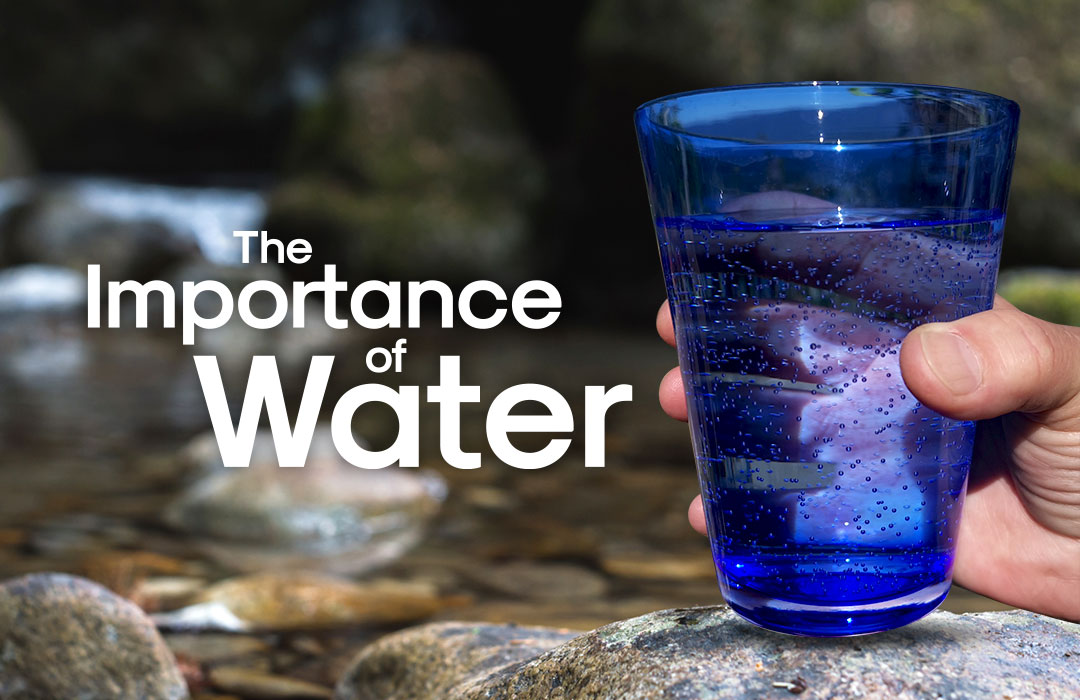In recent years, a global initiative to improve water security and sanitation has made significant strides, positively impacting millions of lives worldwide. Let's delve into the numbers that showcase the scale and impact of these efforts.
Since 2008, an impressive 70 million people have gained access to sustainable drinking water services. This figure is complemented by 54.8 million individuals who now benefit from improved sanitation facilities. These numbers represent a substantial leap forward in addressing one of the world's most pressing development challenges.
The most recent fiscal year alone saw remarkable progress. Approximately 5.2 million people gained access to sustainable drinking water services, while 4 million received access to sustainable sanitation services. Notably, 47% of those gaining water access were women and children, highlighting the initiative's focus on gender equity and child welfare.
Financial mobilization has been crucial to these achievements. Since 2018, $590 million in new funding has been channeled into water and sanitation sectors. In the last fiscal year alone, $133 million was mobilized, demonstrating continued commitment to this cause.
The initiative's reach spans more than 43 countries, with 22 designated as high-priority nations. This global approach ensures that resources are allocated where they can have the most significant impact.
In terms of specific regional impacts, the numbers are equally impressive:
In Africa, over 1.7 million people gained access to sustainable drinking water services, with another 2.4 million benefiting from improved sanitation.
Asia saw similar progress, with 1.7 million people gaining access to drinking water services and 813,000 to sanitation services.
In the Middle East, despite ongoing challenges, over 1.5 million people gained access to improved water services.
The initiative also focuses on climate resilience and conflict mitigation. In Ukraine, for instance, humanitarian assistance provided access to safe drinking water and hygiene support for more than 3.3 million people in 2023, demonstrating the program's ability to respond to crisis situations.
Looking ahead, the initiative has set ambitious targets. By 2027, it aims to support an additional 22 million people in gaining access to sustainable water services and another 22 million to sustainable sanitation services.
These figures not only represent improvements in water access but also translate to better health outcomes, increased economic opportunities, and enhanced quality of life for millions. They underscore the power of targeted, sustained efforts in addressing global challenges and provide a roadmap for future initiatives in sustainable development.
